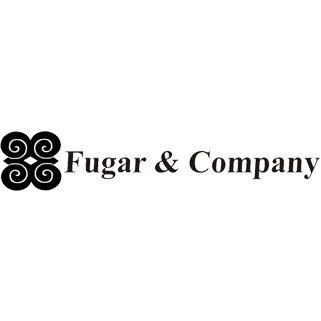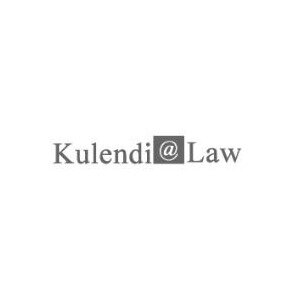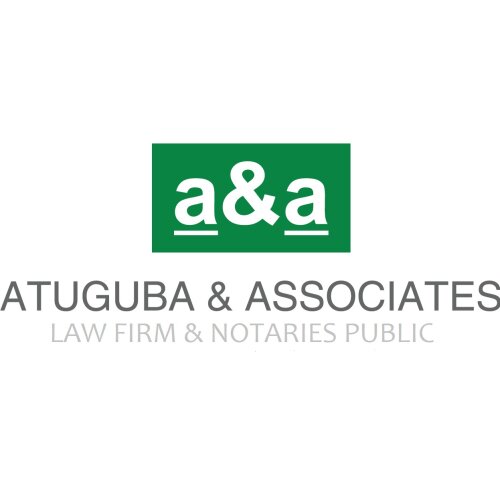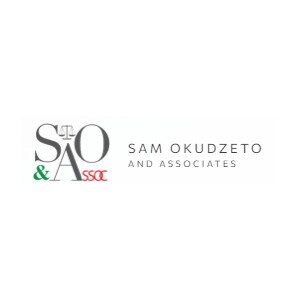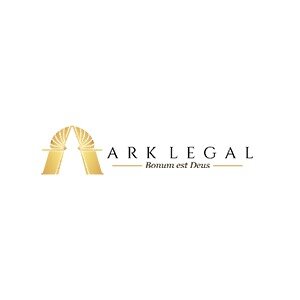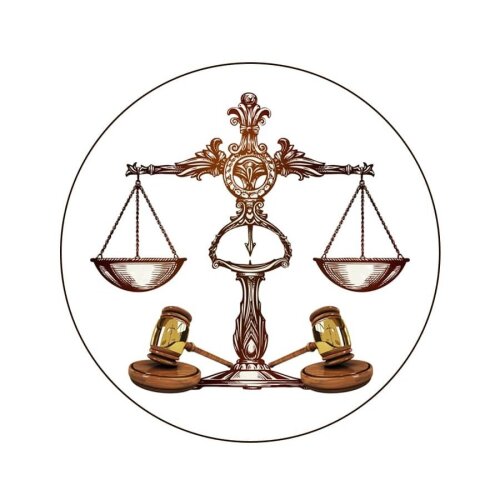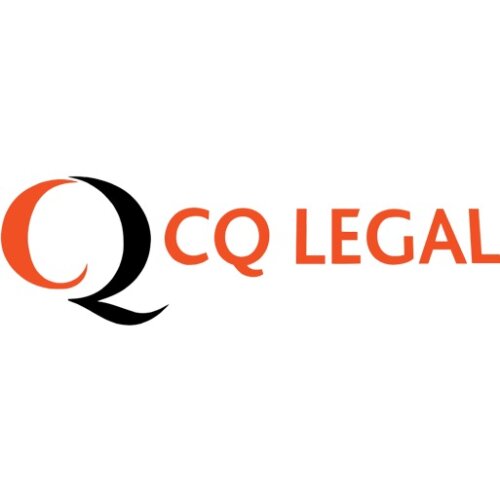Best Banking & Finance Lawyers in Ghana
Share your needs with us, get contacted by law firms.
Free. Takes 2 min.
Or refine your search by selecting a city:
List of the best lawyers in Ghana
About Banking & Finance Law in Ghana
Banking & Finance law in Ghana encompasses a wide spectrum of regulations and guidelines that govern financial transactions and institutions. The main objective of these laws is to ensure stability, transparency, and confidence in the financial system. The Bank of Ghana is the primary regulatory body overseeing banks and non-banking financial services. Various laws, such as the Banks and Specialized Deposit-Taking Institutions Act, 2016 (Act 930), the Securities Industry Act, 2016 (Act 929), and the Payment Systems and Services Act, 2019 (Act 987), play crucial roles in the regulation of financial entities and services in Ghana.
Why You May Need a Lawyer
There are several situations where individuals and businesses may require legal assistance in banking and finance. Common reasons include:
- Negotiating and drafting financial agreements: Whether it's loan agreements, mortgages, or investment contracts, a lawyer can help ensure that your interests are protected.
- Regulatory compliance: Businesses need to comply with various banking regulations, and lawyers can provide guidance to help avoid penalties.
- Resolving financial disputes: Legal assistance may be required in resolving disputes over loans, debt recovery, or other financial matters.
- Advice on investment and securities: To navigate the complexities of financial markets and investment opportunities, expert legal advice can be invaluable.
- Protection from fraud: A lawyer can help safeguard against fraudulent financial practices.
Local Laws Overview
In Ghana, several key laws regulate the banking and finance sector. The Banks and Specialized Deposit-Taking Institutions Act governs the operations and licensing of banks and related institutions. The Securities Industry Act sets the standards for trading in securities, ensuring market integrity and investor protection. Additionally, the Borrowers and Lenders Act, 2008 (Act 773) aims to reduce the risk of credit transactions and enhance financial stability. The Data Protection Act, 2012 (Act 843) is significant for maintaining privacy and data security in financial transactions.
Frequently Asked Questions
What is the role of the Bank of Ghana in the financial sector?
The Bank of Ghana is the central bank responsible for monetary policy, banking supervision, and ensuring financial stability in Ghana.
Is it mandatory for banks to disclose their interest rates?
Yes, banks in Ghana are required to disclose all their fees, charges, and interest rates to promote transparency and fair competition.
What do I do if I suspect fraudulent activities in my bank account?
Contact your bank immediately and report the suspicious activity. You may also seek legal advice to understand your rights and the next steps.
How can I resolve a dispute with my bank?
Try to resolve the issue directly with your bank first. If unresolved, consider seeking legal counsel or contacting the Bank of Ghana for mediation.
Are cryptocurrencies recognized under Ghanaian law?
As of now, cryptocurrencies are not recognized as legal tender in Ghana, and the Bank of Ghana has issued warnings about the risks involved in their use.
What are the penalties for non-compliance with financial regulations?
Penalties vary but can include fines, imprisonment, or the revocation of licenses. Legal advice can help ensure compliance and avoid such consequences.
Can a foreigner open a bank account in Ghana?
Yes, foreigners can open bank accounts in Ghana, subject to providing the required identification and documentation.
Can a bank refuse to grant me a loan without providing a reason?
Banks have the discretion to approve or deny loans. However, they should provide a reason for rejection based on the borrower's risk profile and financial standing.
What are specialized deposit-taking institutions?
These are financial entities that accept deposits and provide loans, including savings and loans companies, finance houses, and microfinance institutions.
Is there protection for depositors in the event of a bank failure?
The Bank of Ghana has mechanisms, such as the Deposit Protection Fund, to protect depositors in case of a bank failure up to a certain limit.
Additional Resources
For more information on banking and finance laws in Ghana, the following resources might be helpful:
- Bank of Ghana: The primary regulatory body for banking and financial matters.
- Securities and Exchange Commission: Oversees the securities industry.
- Ghana Association of Bankers: Provides insights and resources related to banking operations.
- Ministry of Finance: Offers information on financial policies and initiatives.
Next Steps
If you find yourself in need of legal assistance in the banking and finance sector, consider the following steps:
- Identify your specific legal needs: Clearly define the issue or transaction for which you require legal advice.
- Research banking and finance lawyers: Look for experienced lawyers who specialize in banking and finance law in Ghana.
- Schedule consultations: Meet with a few legal professionals to discuss your needs and evaluate their approach to your situation.
- Review legal fees: Understand the fee structure and ensure it aligns with your budget.
- Make an informed decision: Choose a lawyer who you feel confident can represent your interests effectively.
Lawzana helps you find the best lawyers and law firms in Ghana through a curated and pre-screened list of qualified legal professionals. Our platform offers rankings and detailed profiles of attorneys and law firms, allowing you to compare based on practice areas, including Banking & Finance, experience, and client feedback.
Each profile includes a description of the firm's areas of practice, client reviews, team members and partners, year of establishment, spoken languages, office locations, contact information, social media presence, and any published articles or resources. Most firms on our platform speak English and are experienced in both local and international legal matters.
Get a quote from top-rated law firms in Ghana — quickly, securely, and without unnecessary hassle.
Disclaimer:
The information provided on this page is for general informational purposes only and does not constitute legal advice. While we strive to ensure the accuracy and relevance of the content, legal information may change over time, and interpretations of the law can vary. You should always consult with a qualified legal professional for advice specific to your situation.
We disclaim all liability for actions taken or not taken based on the content of this page. If you believe any information is incorrect or outdated, please contact us, and we will review and update it where appropriate.
Browse banking & finance law firms by service in Ghana
Ghana Attorneys in related practice areas.
Browse banking & finance law firms by city in Ghana
Refine your search by selecting a city.



